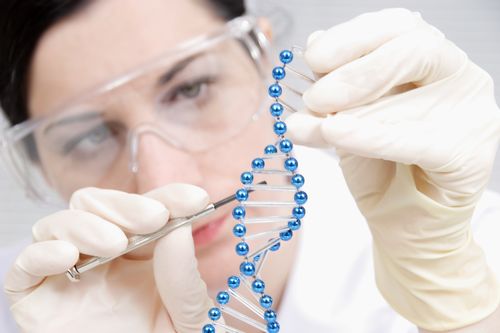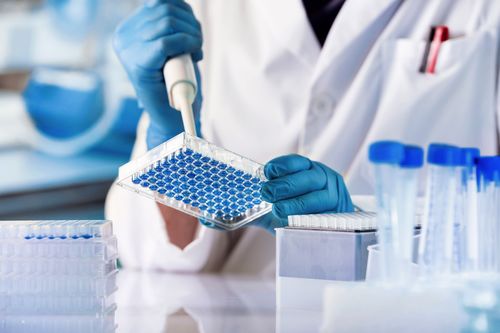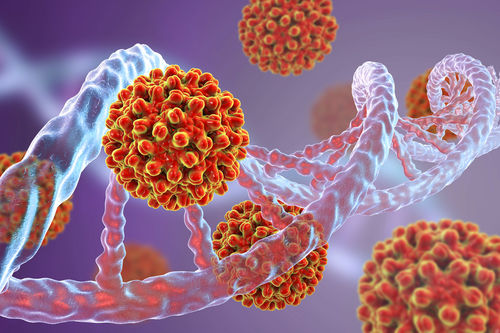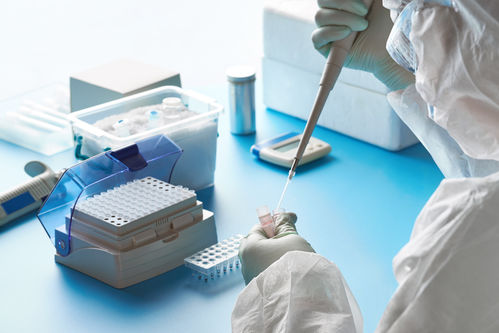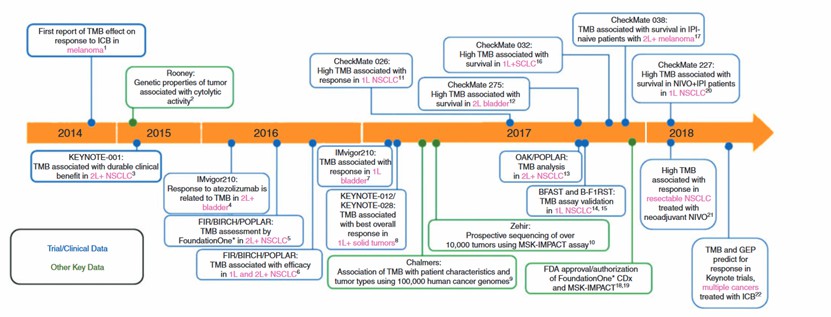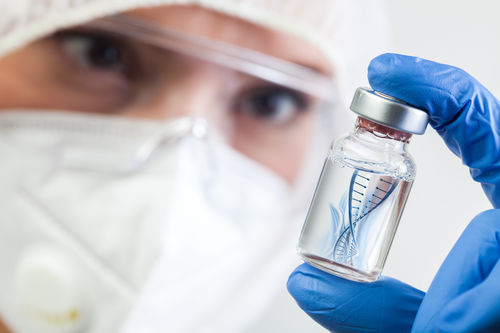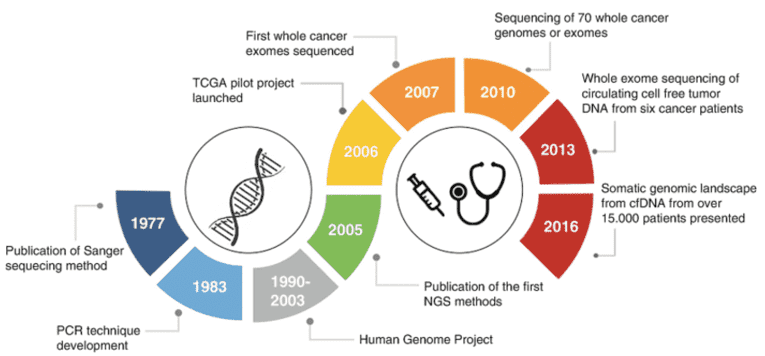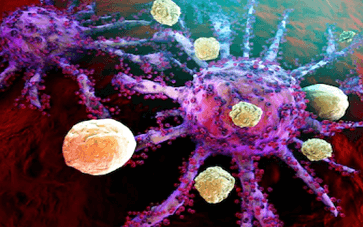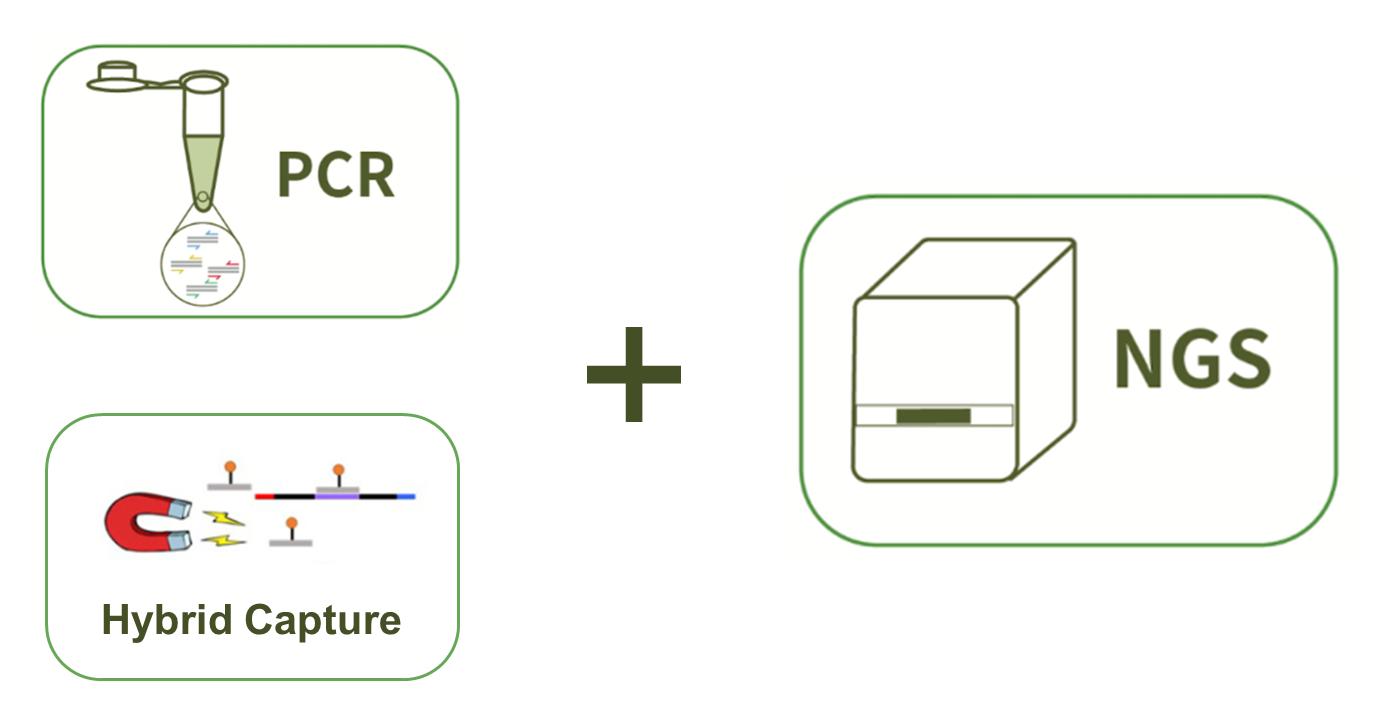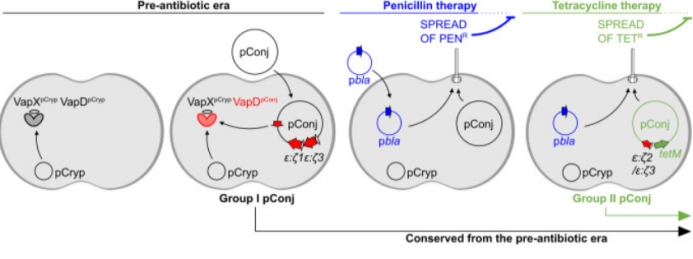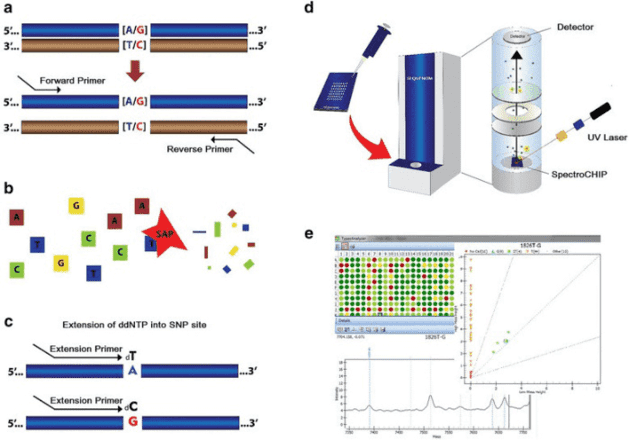Custom Familial Hypercholesterolemia Panel

What is familial hypercholesterolemia?
Familial hypercholesterolemia (FH) is an autosomal dominant inherited disease. Heterozygote incidence of the disease is 1 in 500, while homozygote is rare with only 1 in 1 million. The symptoms of FH include elevated plasma total cholesterol (TC) and low-density lipoprotein cholesterol (LDL-C) levels, xanthomas (The waxy cholesterol deposits in the skin or tendons) and early coronary heart disease.
Disease-related gene description
About 70%-95% of FH individuals are caused by heterozygous pathogenic mutations of APOB, LDLR and PCSK9 genes. Mutations in the LDLR gene encoding the low-density lipoprotein receptor can cause LDL-R dysfunction. In individuals with homozygous pathogenic mutations, plasma LDL cholesterol is significantly increased to result in early atherosclerosis, which can lead to severe coronary heart disease and death in childhood. Individuals with heterozygotes are born with LDL-R dysfunction, and long-term exposure to high cholesterol levels accelerates arteriosclerosis. LDLR mutations are most common among the known disease-causing genes. APOB is an important apolipoprotein in human body. The encoding gene of APOB is located at 2p23, with a full length of 43kb and 29 exons. This gene has obvious genetic polymorphism. The polymorphic site of APOB gene C7673T is an important genetic marker. Mutations in the APOB gene receptor binding area cause changes in the structure of APOB protein, which reduces the binding ability of the receptor to LDL, thus affecting the catabolism rate of LDL and leading to an increase in the level of blood lipid in the body. Some studies have found that PCSK9 gene (encoding subtilisin converting enzyme 9) plays an important role in regulating LDL-R metabolism. Different mutations in the same PCSK9 gene can lead to two opposite phenomena: PCSK9 function-acquired mutations are associated with hypercholesterolemia; PCSK9 loss-of-function mutations are associated with hypocholesterolemia. PCSK9 is considered as a new target for treatment of dyslipidemia.
To help researchers analyze the SNP, CNV and InDels of FH pathogenic genes, CD-Genomic offers a custom FH panel for you. You can choose the genes of interest to detect. Amplicon sequencing technology based on NGS is used to detect genetic variation efficiently, quickly and accurately.
Custom familial hypercholesterolemia panel offers but are not limited to:
- Targeted sequencing technology by Illumina MiSeq system provides ultra-deep sequencing to target specific genomic regions.
- Every detected genetic variant will be further validated to ensure the validity of results.
- Strict quality control throughout the pipeline workflow ensures the accuracy and repeatability of the sequencing.
- Custom panel genes are constantly updated based on the frontiers of literature studies to target all relevant regions.
- Customized familial hypercholesterolemia panel only contains the genes you need, which saves your time and cost.
- Precision bioinformatics pipelines ensure superior analytical performance.
Choose the genes that suit you from the familial hypercholesterolemia gene list
| APOB |
APOE |
| CYP27A1 |
GHR |
| LDLR |
LDLRAP1 |
| LIPA |
LPL |
| PCSK9 |
STAP1 |
Specimen requirements of our custom familial hypercholesterolemia panel
- Specimen: blood, saliva or extracted DNA.
- Volume: 3 mL blood, 2 mL saliva and 3ug DNA.
- Collection: blood is collected by routine blood collection and saliva is collected by saliva collection kits (kits are available upon request). DNA samples are stored in TE buffer or equivalent.
- Container: lavender-top (EDTA) tube or yellow-top (ACD) tube.
- Storage/transport temperature: room temperature.
Gene panel workflow

For more information about the Custom Familial Hypercholesterolemia Panel or need other amplification requirements, please contact us.
References:
- Defesche J C, et al. Familial hypercholesterolaemia. Nature reviews Disease primers, 2017, 3: 17093.
- Turner P R, et al. DNA polymorphisms of the apoprotein B gene are associated with altered plasma lipoprotein concentrations but not with perceived risk of cardiovascular disease: European Atherosclerosis Research Study. Atherosclerosis, 1995, 116(2): 221-234.
- Cunningham D, et al. Structural and biophysical studies of PCSK9 and its mutants linked to familial hypercholesterolemia. Nature structural & molecular biology, 2007, 14(5): 413.
- Alves A C, et al. Novel functional APOB mutations outside LDL-binding region causing familial hypercholesterolaemia. Human molecular genetics, 2013, 23(7): 1817-1828.
* For research purposes only, not intended for clinical diagnosis, treatment, or individual health assessments.
Related Services
Related Products
Related Resources


